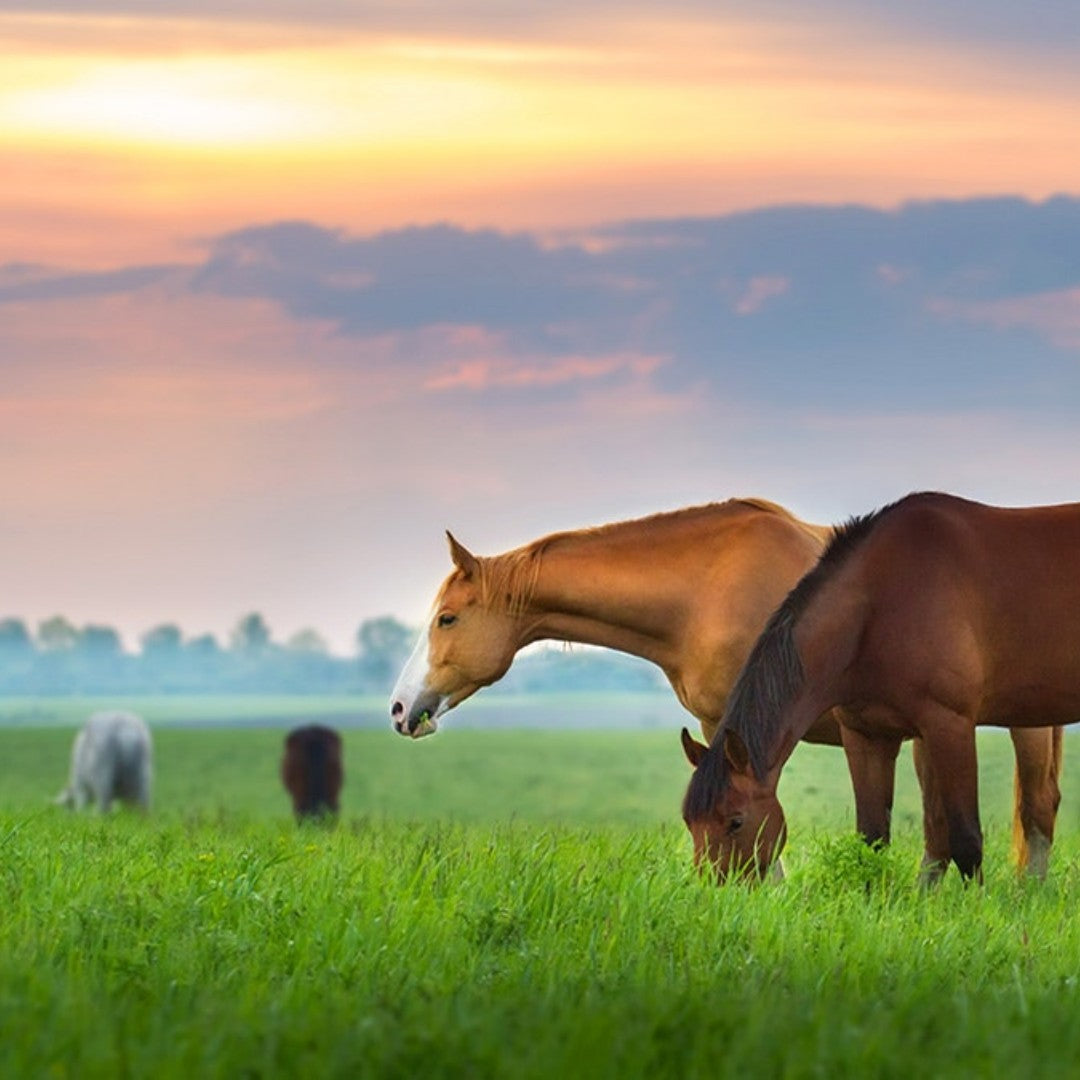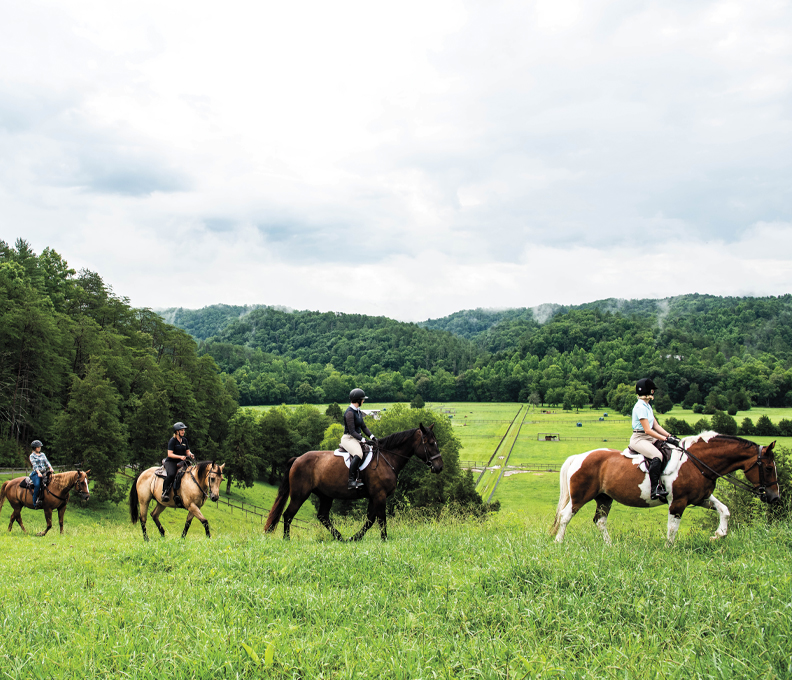The Importance of a Good Horse Pasture

A well-maintained horse pasture is crucial for the health, happiness, and performance of your horses. It serves not only as a primary source of nutrition but also as a natural environment that supports their physical and mental well-being. Below, we explore the key reasons why investing time and effort into creating and maintaining a good horse pasture is essential.
Key Benefits of a Good Horse Pasture

| Benefit | Explanation |
|---|---|
| Nutritional Value | Provides fresh, nutrient-rich forage that supports digestion and overall health. |
| Exercise and Movement | Offers ample space for horses to move freely, promoting muscle development and joint health. |
| Mental Well-being | Natural surroundings reduce stress and encourage natural behaviors like grazing and socializing. |
| Cost-Effectiveness | Reduces the need for supplemental feed and veterinary care by promoting natural health. |
| Environmental Impact | Proper pasture management prevents soil erosion and supports biodiversity. |
Essential Elements of a Good Horse Pasture

- Quality Grass Species: Choose grasses like Timothy, Orchardgrass, or Kentucky Bluegrass that are palatable and nutritious.
- Soil Health: Regular soil testing and amendments ensure optimal nutrient availability.
- Proper Drainage: Prevents waterlogging and mud, which can cause hoof problems.
- Fencing: Safe, sturdy fencing protects horses and defines grazing areas.
- Rotational Grazing: Moving horses between sections to prevent overgrazing and allow pasture recovery.
Tips for Maintaining Your Horse Pasture
- Regular Mowing: Keeps grass at an ideal height and controls weeds.
- Fertilization: Use appropriate fertilizers based on soil tests to promote healthy growth.
- Weed Control: Identify and remove toxic plants promptly.
- Manure Management: Regularly remove manure to reduce parasite loads.
- Rest Periods: Allow sections of pasture to rest and regrow.
Frequently Asked Questions (FAQ)
Q1: How often should I rotate my horses in the pasture?
A: Ideally, rotate every 2-3 weeks depending on grass growth and pasture size to prevent overgrazing.
Q2: What are signs of poor pasture quality?
A: Sparse grass, presence of toxic weeds, muddy areas, and uneven terrain are indicators.
Q3: Can horses eat all types of grass?
A: No, some grasses and plants can be harmful. Always ensure your pasture contains safe, horse-friendly species.
Q4: How does pasture quality affect horse health?
A: Good pasture reduces the need for supplements, lowers risk of colic and laminitis, and supports overall vitality.
Maintaining a good horse pasture is an investment that pays off in healthier, happier horses and more sustainable land use. By understanding and applying best practices, you can create an environment where your horses thrive naturally.
